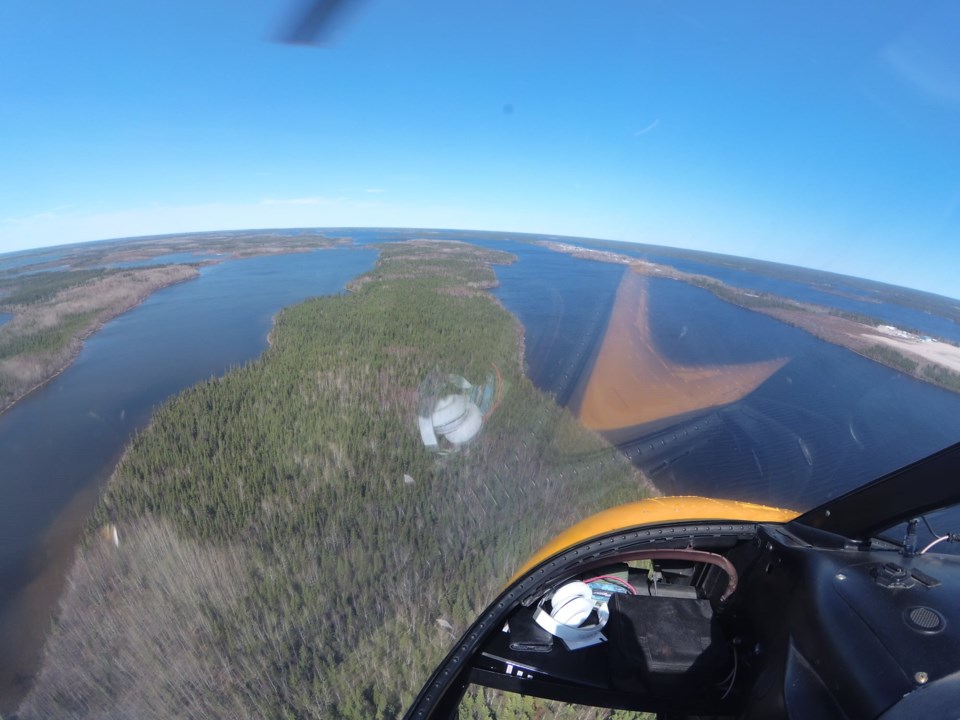Last week’s Supreme Court of Canada’s ruling that the federal Impact Assessment Act is unconstitutional should clear a regulatory path toward expediting construction of big infrastructure projects, like the proposed Ring of Fire road network, said Ontario Attorney General Doug Downey in a news release, Oct.24.
In calling the federal act a “duplicative” process, Downey said the Ford government is “taking immediate legal action to bring certainty so that we can get shovels in the ground on infrastructure projects without delay.”
Downey was referring to last week’s majority ruling by the court that the most of the federal assessment scheme were beyond the scope of federal decision-making power, specifically Ottawa’s regulations on “designated projects” that should be automatically subject for federal review.
The court’s decision clears up “unnecessary” regulatory confusion and brings “legal certainty,” Downey said, in advancing large infrastructure projects like Highway 413, Ontario Place and the First Nation-led process to connect the Ring of Fire to the provincial highway network by permanent road.
While federal Environment Minister Steven Guilbeault said he will go back to the drawing board to amend the act, the Ford government said it was prepared to pick a fight in the courts, if necessary.
“Ontario is using the legal tools at our disposal to assert our constitutional authority to move forward on our many critical projects without federal interference. As we do, we will continue to follow our robust and world-leading environmental assessment processes and respect our duty to consult obligations,” said Downey.
With Ontario growing at “unprecedented space,” Downey said, with gridlock is costing the provincial economy upwards of $11 billion, the emphasis must be on building more roads, bridge, highways and public transit.
The province said federal decision makers will “no longer impede desperately needed infrastructure projects”




